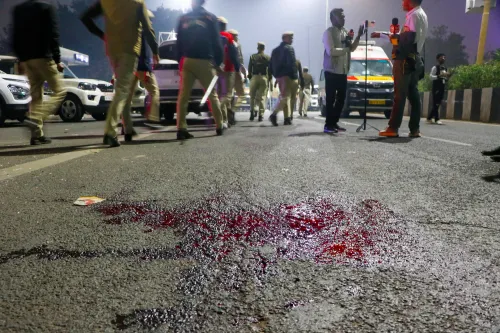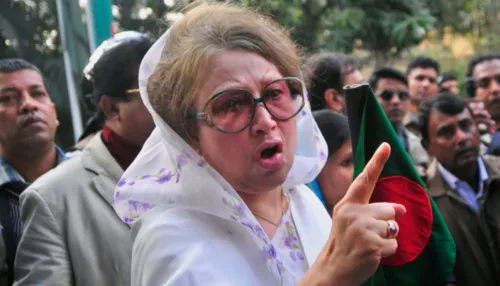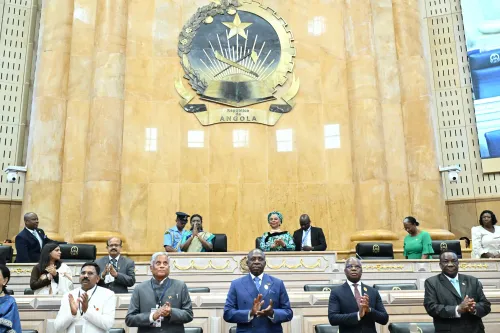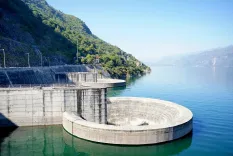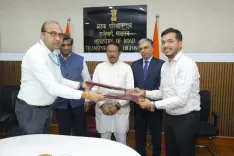Did Senegal's National Political Dialogue Achieve Strong Consensus?
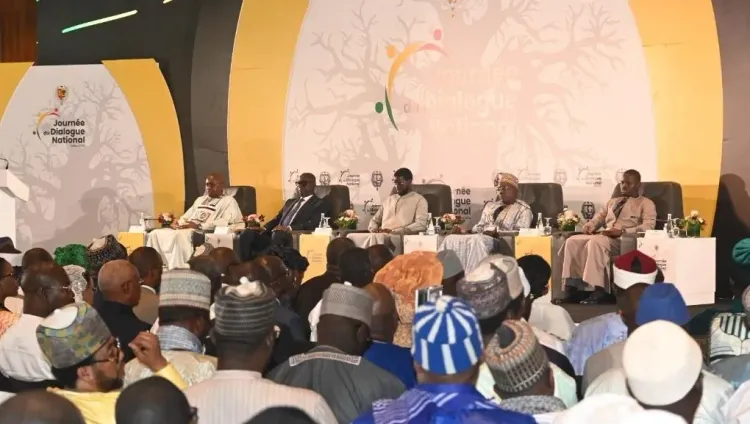
Synopsis
Key Takeaways
- Strong Consensus: The dialogue concluded with unanimous agreement on key electoral reforms.
- High Youth Participation: 15,000 Senegalese voices contributed to the discussions.
- Challenges Remain: Divergences in certain commissions highlight ongoing issues.
- Future Reforms: The dialogue aims to strengthen Senegalese democracy.
- Wide Representation: Various stakeholders participated, from political leaders to civil society.
Dakar, June 5 (NationPress) The national political dialogue in Senegal, which commenced on May 28, has wrapped up with a strong consensus on several critical matters concerning the electoral process and institutional reforms, according to chief facilitator Cheikh Gueye.
He stated, “All active forces of the Nation were widely represented. Ultimately, we reached a 100% consensus within the Commission on Institutional Reforms,” during the closing session held in Dakar on Wednesday.
Gueye reported that 94% of commission members involved in the electoral process endorsed the proposals, as per Xinhua news agency.
The discussions, which took place at the Abdou Diouf International Conference Center in Diamniadio, approximately 30 kilometers from the capital, Dakar, aimed to address various electoral and institutional issues.
The commission was assigned to propose recommendations on organizing the sponsorship system, implementing previous dialogue consensus that remains unexecuted, and facilitating automatic or permanent voter registration via the ECOWAS biometric national identity card.
Nonetheless, Gueye pointed out a discrepancy within the Commission on Democracy, Freedoms, and Human Rights, where merely 26% of members were in favor of reforms.
Additionally, he mentioned that roughly 15,000 Senegalese, primarily youth, shared their perspectives on the issues discussed through an online platform.
The main goal of the national political dialogue was to unite significant stakeholders within the country to pinpoint and agree on essential reforms to bolster Senegalese democracy and fulfill the profound aspirations of its people.
This event saw participation from several former prime ministers, ex-heads of national institutions, political leaders, religious and traditional authorities, alongside civil society members, trade unions, former parliamentarians, private sector representatives, and media professionals.

